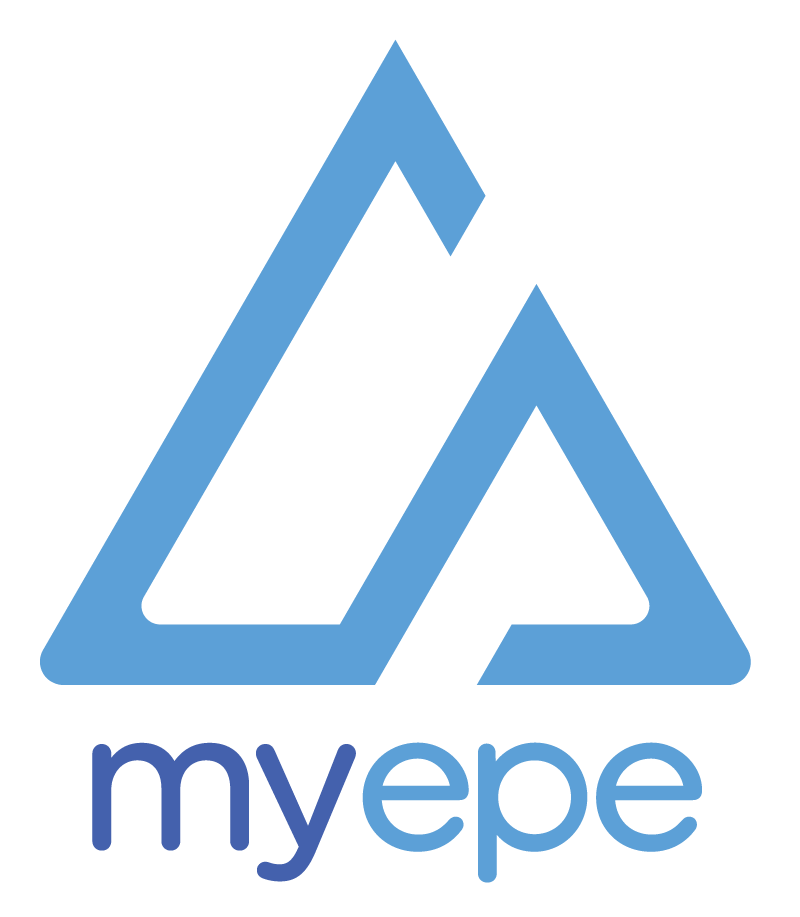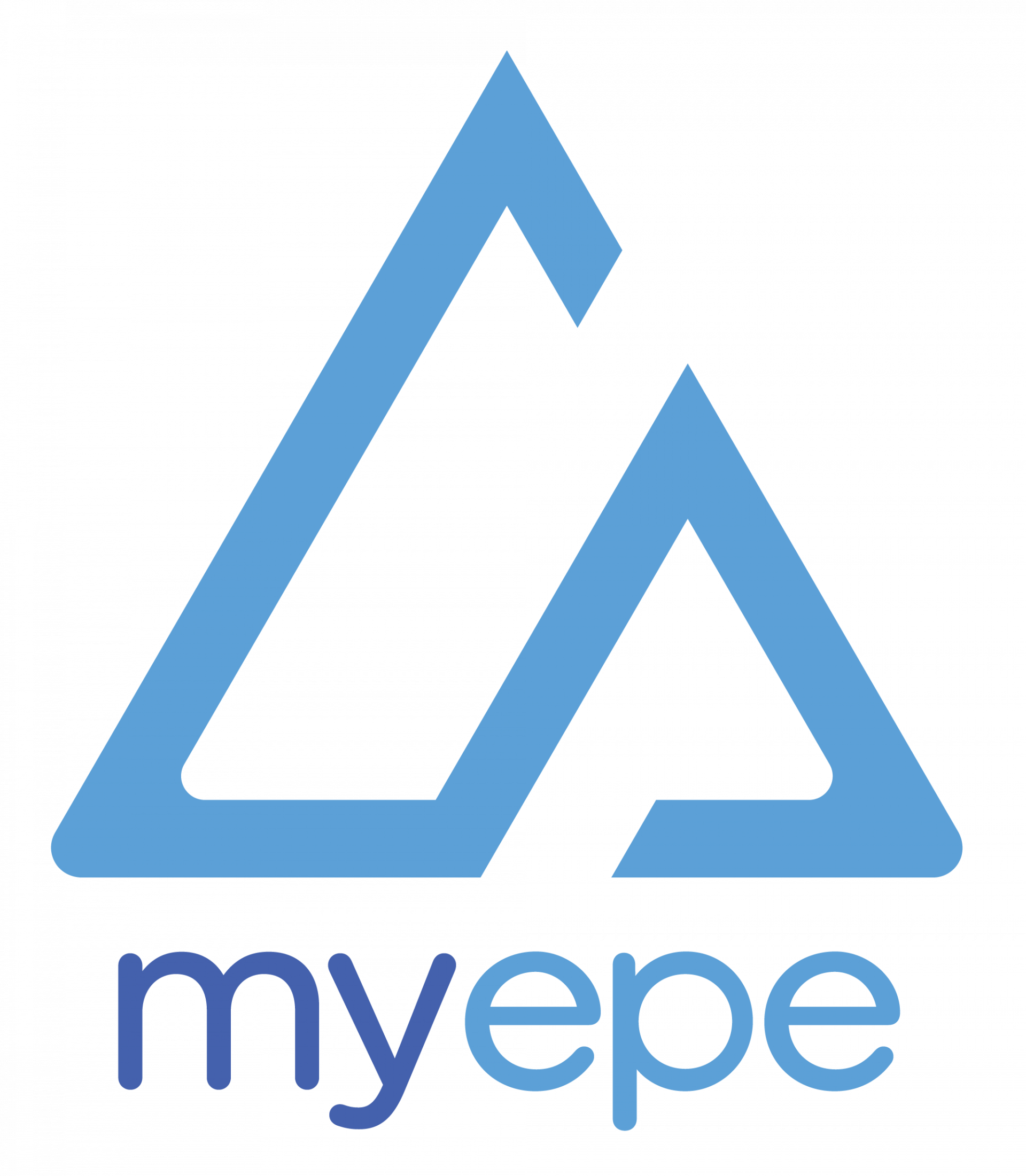Studying Strategies That Work!!
What you study matters, but how you study matter more.
Variability is the Key
This is because professors and the universities that employ them know all too well that a mixture of definitions, visual aids, analogies, associations between topics, re-writing in one’s own words, group work, and practical application are the best ways to ensure personal connections to the material can be made by each student and that everyone’s learning style will be met… and the MYEPE team knows that too. For this reason, the MYEPE online study guide has been created with a multitude of written, visual, and audio education tools.
Language is Essential
Understanding the medical language of physiotherapy can be a daunting task for many students - especially those that don’t have experience learning a 2nd language beforehand. It’s also a key contributor to poorer scores on the PNE. One falls interpretation of an –itis, an –osis or an –opathy and the target of the question is lost, making the correct answer nearly impossible to identify.
To help with language comprehension, MYEPE has put together over 2,500 defined glossary terms that you will encounter on the PNE exam. Don’t have time to read our glossary like a proverbial dictionary?? We don’t blame you... and that is why we’ve also embedded the glossary in our review pages. Simply place your cursor over a word, and if it’s in our glossary, a pop-up bubble will appear, instantly helping you define the word… without requiring you to leave your study page. How’s that for helpful?
Change of Scenery
[The effect of environmental context and recognition memory and claims of remembering. Hockley WE. Journal of experimental psychology. Learning, memory, and cognition, 2009, Feb.;34(6):0278-7393.]
Variability in Study Materials
Just like changing the scenery, scientists have also proven that it’s better to focus on several distinct but related topics rather than zeroing in on just one area. For example, instead of memorizing vocabulary alone, mix in reading as well. Likewise, if you are doing math, tackle several concepts instead of just one.
You Need Time Between Learning Sessions
A new learning technique called "spaced repetition" involves breaking up information into small chunks and reviewing them consistently over a long period of time. So, don’t try to memorize the entire periodic table in one sitting… instead, learn a few rows every day and review each lesson before starting anything new.
[Synaptic Evidence for the Efficacy of Spaced Learning. Kram EA, Babayan AH, Gavin CF. Proceedings of the National Academy of Sciences of the United States of America, 2012, Mar.;109(13): 1091-6490.]
Write Your Way to Better Recall
Put those third-grade penmanship lessons to good use. Some research suggests that we store information more securely when we write it out by hand than when we type it. Start by recopying the most important notes from the semester onto a new sheet of paper.
[Anne Mangen, The National Center for Reading Education and Research, University of Stavange, Norway]
[Jean-Luc Velay, Mediterranean Institute for Cognitive Neuroscience, CNRS, Université de la Méditerranée, France]
Stress: Relief or Avoidance of Stress is Best
Here is another reason that it’s best to not wait until the last minute to study: stress hinders learning. Researchers have found that even stress that lasts as briefly as a couple of hours can engage corticotropin-releasing hormones that disrupt the process of creating and storing memories. So, taking study breaks to exercise or draw a few deep breaths will help your studying if they lower your stress level.
Practice Tests Can Help
Some studies have shown that students who tested themselves after reviewing a topic retained up to 50% more of the material a week later than students who did not opt to take a test. Challenging small banks of multiple-choice questions at intervals between a topic or review has the most benefit on information retention.
[Repeated testing produces superior transfer of learning relative to repeated studying. Butler AC. Journal of experimental psychology.
Learning, memory, and cognition, 2010, Dec.;36(5):1939-1285.]
[Test enhanced learning: taking memory tests improves long-term retention. Roediger HL, Karpicke JD. Psychological science, 2006, May.;17(3):0956-7976.]
Thank You To Our Sponsors!
Don't Go!
20% EXAM DISCOUNT OFFER!
OFFER EXPIRES ON APRIL 30, 2024



